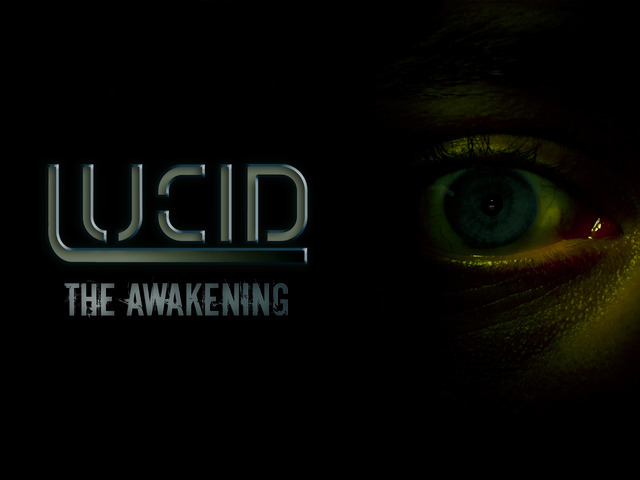 It’s that time of year again. The leaves are changing color, there’s a chill in the air, and everything seems just a little scarier as Halloween approaches. The timing then for Lucid : The Awakening’s Kickstarter campaign may be perfect. Lucid : The Awakening isn’t billing itself as just another horror game, instead the team at Voxcore (who are based out of Cincinnati. Seriously, is everyone from there today?) are changing things up to up the fright. You play the role of character in a futuristic testing facility that’s forced to work through some nightmares in order to wake up. Ok, so the whole testing facility thing may be a little thin, but it gets much better from there : From the Kickstarter page :
It’s that time of year again. The leaves are changing color, there’s a chill in the air, and everything seems just a little scarier as Halloween approaches. The timing then for Lucid : The Awakening’s Kickstarter campaign may be perfect. Lucid : The Awakening isn’t billing itself as just another horror game, instead the team at Voxcore (who are based out of Cincinnati. Seriously, is everyone from there today?) are changing things up to up the fright. You play the role of character in a futuristic testing facility that’s forced to work through some nightmares in order to wake up. Ok, so the whole testing facility thing may be a little thin, but it gets much better from there : From the Kickstarter page :
In Lucid, there are no weapons. Each level will have a different light source that matches the environment of the dream. The monster in each level will be roaming the map. Searching for you. The player will have two methods of survival. To hide, or to distract.
Each dream will offer many hiding places to keep away from the monster within. A heartbeat monitor will show your heart rate. The closer the monster gets, the faster your heart beats. If the monster gets too close, you will wake up and be forced to re-enter the nightmare.
If you are unable to find a suitable hiding spot, there will be interactive objects the player will be able to throw in order to distract the monster. Buying you time to find a place to hide, or continue on in order to complete the objective at hand.
One long stealth mission with various nightmare dream creatures? No weapons? Heavily reliant on sound? Could be great. The video on the funding page is early, and not everything is in place, but if you turn out the lights and turn up the sound you just might find your hand shaking a bit as you reach for your wallet.
The Lucid Kickstarter campaign runs until September 17th, and is aiming for a modest $2,000.



